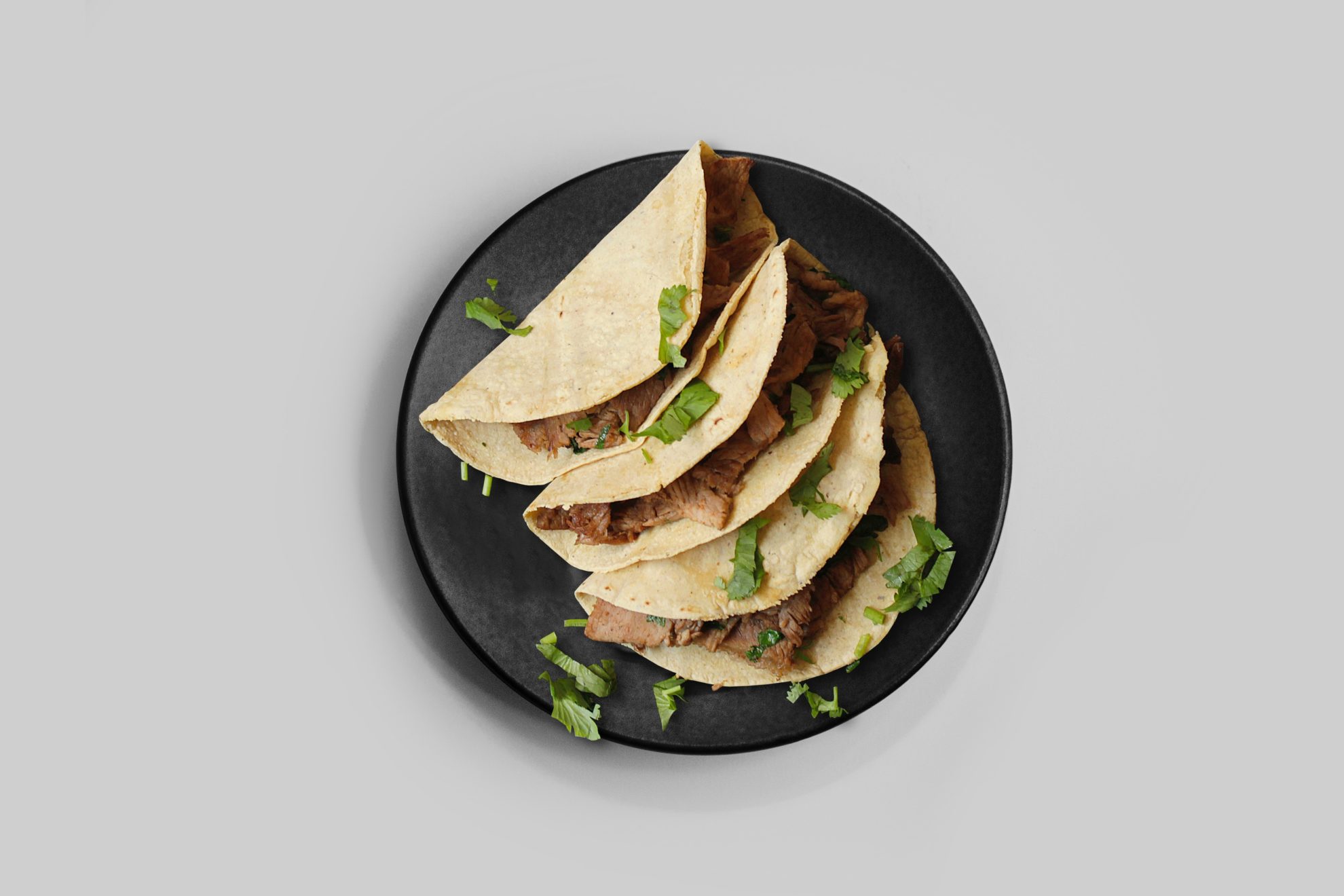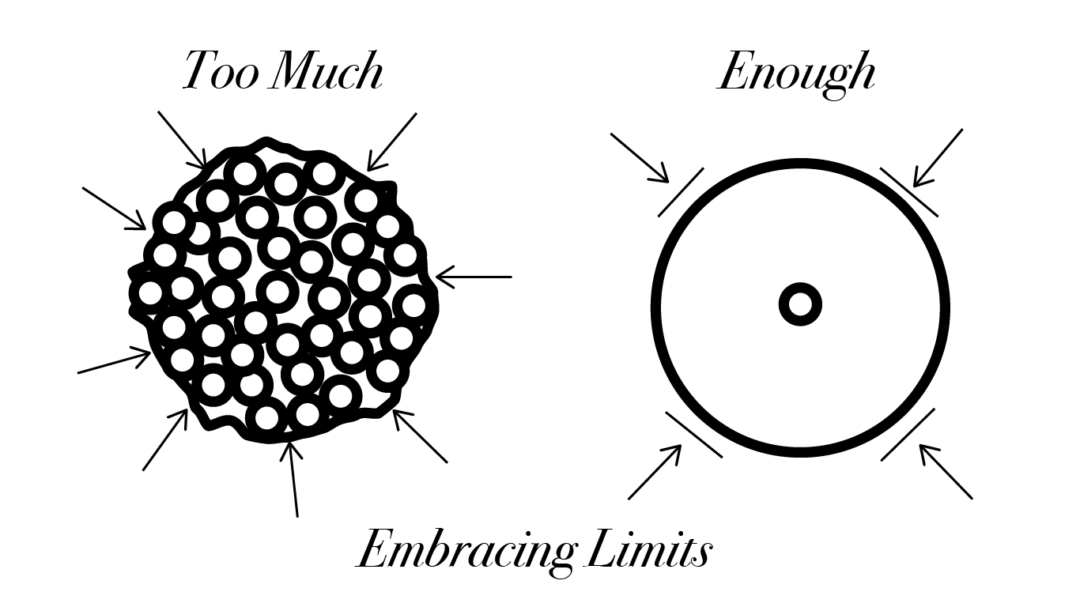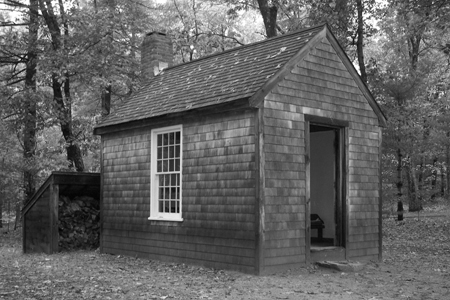My 3-year-old son was eating a taco recently and he got excited. In his excitement, he took a massive bite. I can’t blame him, tacos are a major way God shows us he loves us. His cheeks puffed out, full of tortilla and turkey. Then, he opened his eyes wide and spit it out. It was too big. My dad instincts kicked in and I caught the saliva-covered wad. Being a parent is disgusting. I didn’t even think twice before picking up the half-eaten chunk of food and placing it in the trashcan. Trust me, this is one of the least disgusting things I’ve touched in the past few years.
Part of the maturity process is learning how big of a bite you can handle.
- As delicious as that Avocado Toast looks (I see you, millennials)
- No matter how savory that cast iron, grass-fed ribeye steak sizzles (I see you bearded, flannel people)
- Regardless of how much that mound of spongy tofu jiggles (I see you, vegans)
You cannot consume it in one big, beautiful bite. You must limit yourself and be patient.
I don’t know about you, but I want to live a full life. I want to flourish and thrive, not just exist. That’s where our appetites and cravings originate from. That’s not a bad origin. We hunger for fulfillment. But the problem is we get trapped by our desperation for more.
Regardless of your religion or lack of religion—there is a universal piece of wisdom. It is this: our fulfillment never comes from achieving or accumulating more. It’s an age-old trap. If we’re not careful, our appetites will consume us and burnout will come next.
Appetites
Appetite- a desire to satisfy any bodily need or craving.
Food is one thing, but our appetites extend beyond this. We crave more and more. And we need it all right now.
Some of the things we crave:
- Information: Podcasts (I want them all!), news feeds, Twitter feeds
- Entertainment and being numb
- Importance: work and volunteer roles
- Success
- New toys: the excitement of an Amazon delivery
- Experiences
The problem is, our cravings don’t satisfy us. So, we keep stuffing ourselves until we bite off more than we can chew. Instead of making us full, we end up dissatisfied. Incomplete.
As a culture, our rate of dissatisfaction is growing. This is backward, isn’t it? In many ways, life is easier now than it’s ever been. We have more available to us than at any other time in history.
Most of us own these brilliant phones. They can do anything we ask them to do. We have access to cars and transportation. The internet gives us instant knowledge and tutorials and help. The average lifespan is increasing. Poverty levels are at a record low. The circumstances of life are improving.
We have all we need, but somehow it’s not satisfying. But we continue to stuff ourselves. One of the most common ways we do this is with our jobs.
Religion of Workism
As faith declines in America, we have replaced our traditional belief structures with new ones. In his brilliant essay, Derek Thompson coined the phrase “workism.” He defines this as…
“the belief that work is not only necessary to economic production but also the centerpiece of one’s identity and life’s purpose; and the belief that any policy to promote human welfare must always encourage more work.”
We are putting more hours into our work, hoping work will provide us with meaning and purpose. It has become a primary part of our identity. I am defined by what I do and what I produce and how this work can increase my status and accumulation.
The problem with work these days is that it never stops. Most of us don’t clock in or clock out—our work is ongoing. People can reach us via email and text or Slack or Teams or some other widget that I’m not even aware of. For some of us, we don’t just have one job. It’s becoming common practice to have a side hustle (everybody’s doing it, it’s the rage!)
Work is an important part of life, but the problem is we are taking on too much.
Burnout Is Now A Medical Condition
Burnout syndrome is now officially a medical diagnosis, and many of us are in danger of it at some point. A recent Gallup study showed that 23% of workers feel burnout often or always. 44% feel burnout sometimes.
There are many reasons that burnout occurs, but one of them is our tendency to bite off more than we can chew. Our hunger to achieve and perform drives us to neglect self-care and patience. We see the success of our peers on social media, crushing their dream job and taking epic vacations.
It’s not just our full-time jobs. Our personal lives become a competition to see how much we can achieve and accumulate. That person started their own business and became a millionaire in their twenties! My neighbor is on the board of a non-profit, is the President of the PTA, and has their own YouTube channel teaching people how to grow homemade Kombucha!
We want to do things in a hurry. Waiting is painful. Patience is torture. We already feel that we’re behind everyone else.
The Beauty of Saliva
Let’s all take a moment to appreciate saliva. Oh, you think saliva is gross and sticky and should stay where it belongs? Well, maybe saliva thinks you’re gross and you should stay where you belong. Courtesy of my 9-month-old son, I have saliva on my clothes at all times, it’s not so bad. It’s just become a part of my look.
Saliva is the first step of digestion and is vital to breaking food down for the rest of the digestive system. It not only wets and lubricates the food (ok, that is admittedly gross.) It contains two enzymes amylase and lipase, that break down food particles.
Our systems are set up for us to take small enough bites that we can chew and allow saliva to do its work. When we take small bites and chew them slowly, we are operating the way our bodies were intended. This is the key to battling burnout; slowing down and learning to discipline our desires.

Chewing Slowly
We are not robots or machines. Our operating system is not designed to do task after task. It is not healthy to do more and more, with no rest or break. We are designed to be human.
In this brilliant story in the Bible, the Israelites were enslaved in Egypt. Like all slaves, they were considered subhuman. They were forced to be machines—to work and toil day after day with no relief. When they escaped, one of the first things God gave them is a gift. It was a gift called the Sabbath. This gift was a day set apart to remind the Israelites that they were not robots or machines. They were human. They were made for more.
The principles of Sabbath are life-changing and transcendent. Sabbath tells us we are more than what we produce. More than what we achieve or accumulate. We can stop striving and positioning. When seen correctly, Sabbath is a gift to be human. It is an offering to receive love and acceptance, apart from your work.
Over time, like many things in religion, the Sabbath became an empty ritual or rule. People squabbled over what you could to do or not do, how long it lasted, what made a real and official Sabbath. Sabbath is a mentality. It is less about how you practice it and more about how you live in this mentality. There are ways to use this mentality every day to fight burnout:
- Take short breaks during work. Take a walk and remind yourself that you are more than what you do (this also helps your performance.)
- Keep your phone in another room in the evening.
- Don’t accumulate hobbies or make hobbies a job. Stick to a few and enjoy them.
- Instead of binge-watching, binge-eating, or binge-drinking on your day off—go out in nature. Or do something weird. Get out of your culture and routine.
- Learn to have boundaries. Family, friends, and coworkers will try to push their priorities and deadlines on you. This is human nature. Be clear about your boundaries and your priorities.
Adopting the principles of Sabbath is necessary to learn to live a flourishing life.
Imagine being relaxed and unhurried. Picture yourself secure in your own identity. Not striving to prove yourself to others. Envision a life of rhythm and balance.
This life is possible. A life not choked on the pressures of performance. A life in which you don’t bite off more than you can chew. Instead, a life that is slowly savored and enjoyed. Let’s pursue that life.






